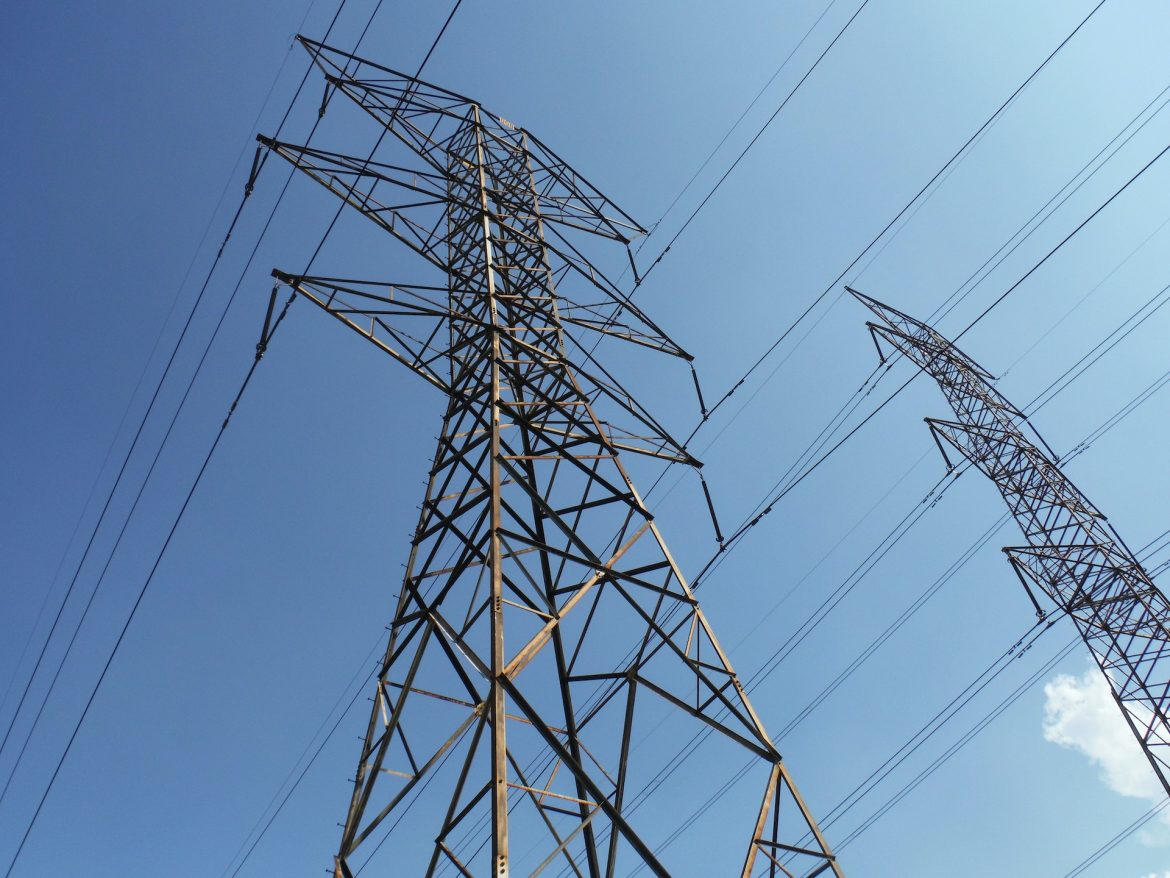Nigeria’s electricity capacity has dipped by 37 percent over the past seven years, despite a N3 trillion federal investment, reports the Nigerian Electricity Regulatory Commission (NERC). The agency’s “2022 Market Competition Report” revealed a drop from 6,401 megawatts in 2015 to 4,059 megawatts by December 2022.
While the country’s installed capacity saw a 7.9 percent increase, hitting 13,097 megawatts, operational efficiency struggles persist. The World Bank notes that only 55.4 percent of Nigerians have access to electricity, compared to 24.6 percent in rural areas.
Stears and Sterling’s study underscores the dependency on generators, with affected households spending around $14 billion annually on generator fuel due to grid failures.
Before its tenure ended, the Buhari administration aimed for an installed capacity of 22,000 megawatts. However, issues like plant deterioration, maintenance challenges, liquidity crises, and foreign exchange constraints have hampered progress.
NERC cites inadequate gas supply, transmission bottlenecks, and the commercial frailty of Distribution Companies (Discos) as ongoing hurdles. Despite an estimated load demand of 17,556 MWh/h, expected to surge to 45,662 MW by 2030 – the current generation capacity falls short.
Nonetheless, the off-grid and captive generation capacities are excluded from NERC’s statistics. With 28 operational power plants, the sector sees improved competition.
The gap between potential and actual power generation stems from gas scarcity, network restrictions, and economic factors. NERC anticipates growth with new plants, policy reforms, and regulatory oversight.
Efforts to enhance generation and utilization include activating industry contracts and transitioning to bilateral agreements, which should allocate risks more effectively among operators.
As reported by This Day Live, NERC advocates for an Independent System Operator (ISO) to foster market efficiency and transparency, a move seen as overdue for advancing the market’s sustainability.
The commission also stresses the need for clear policies on energy payment, particularly by host communities of power infrastructure, to address the industry’s financial struggles.



